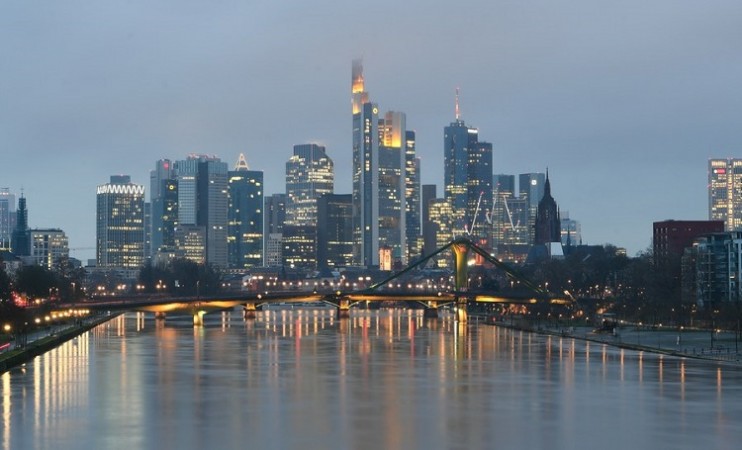
BERLIN: Inflation in Germany is expected to stay high in 2023, according to leading German economic institutes, due to rising energy prices, the Russia-Ukraine conflict, and supply constraints.
The Kiel Institute for the World Economy (IfW Kiel) and the IFO Institute reportedly boosted their inflation projections for 2023 to 4.2 percent and 3.3 percent, respectively.
Recent monetary policy normalisation signals from the European Central Bank (ECB) came "too late and have so far been too modest," according to Stefan Kooths, vice president and head of forecasting at IfW Kiel.
With more interest rate hikes predicted this summer, ECB President Christine Lagarde said last week that high inflation is a "big issue for all of us." Inflation rates in Europe are expected to fall below the ECB's target of no more than 2.0% in the medium run.
According to official figures, German consumer prices rose 7.9% year on year in May, the greatest level of inflation since the first oil crisis in the winter of 1973/1974. Inflation in the Eurozone was considerably higher, at 8.1 percent.
Inflation in Germany is expected to reach 6.8% in 2022, according to the Munich-based ifo Institute, with an even higher rate of 7.4% anticipated by the IfW Kiel. Despite the fact that unfavourable factors such as supply bottlenecks and high raw material prices are expected to fade in the second half of the year, the ifo cut Germany's economic growth forecast for 2022 from 3.1 to 2.5 percent.
Global markets prepare for sharpest rise in US interest rates in 30-yrs
Egypt makes every effort to curb prices from rising: President
WB keeps Malaysia's economic growth on richer scale